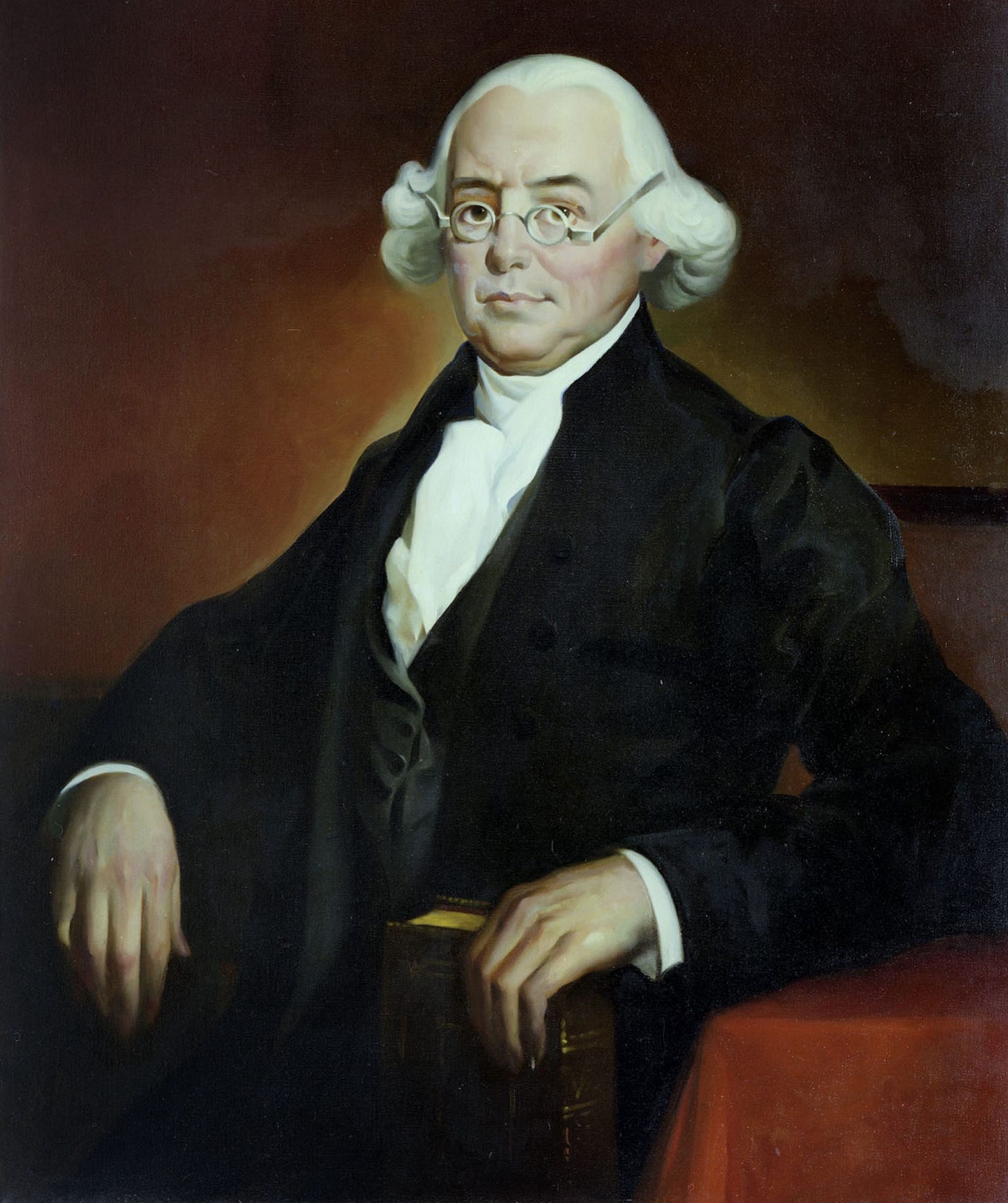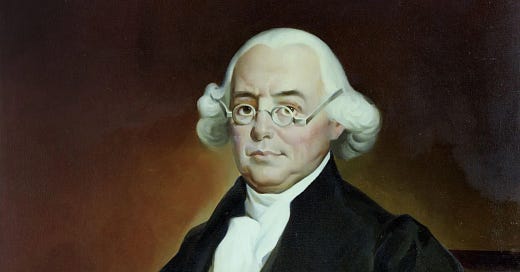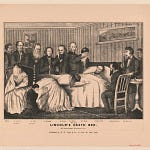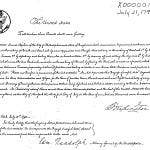
This Day in Legal History: Seventeenth Amendment
On April 8, 1913, the Seventeenth Amendment to the United States Constitution was officially ratified, transforming the way U.S. senators are selected. Prior to this amendment, senators were chosen by state legislatures, a system intended by the framers to preserve state influence within the federal government. However, by the late 19th and early 20th centuries, this process had become widely criticized for being undemocratic and vulnerable to corruption, deadlocks, and backroom political deals.
Progressive Era reformers pushed for change, arguing that direct election by the people would make senators more accountable and reduce the influence of powerful political machines. After years of public pressure and legislative debate, the Seventeenth Amendment was passed by Congress in 1912 and ratified by the necessary number of states the following year.
The amendment mandates that senators be elected by the voters of each state, aligning the Senate more closely with democratic ideals already applied to the House of Representatives. It also established procedures for handling vacancies through temporary gubernatorial appointments followed by special elections.
The ratification marked a major victory for advocates of electoral reform and remains one of the most significant changes to the structure of American democracy since the founding. It reshaped the relationship between the federal government and the people, moving power away from state political elites and toward the electorate.
Texas Attorney General Ken Paxton has launched an investigation into WK Kellogg over claims that the company may be misleading consumers by advertising some of its cereals as “healthy.” The probe focuses on popular products like Froot Loops, Apple Jacks, and Frosted Flakes, which the state alleges contain petroleum-based artificial colorings linked to health issues such as hyperactivity and obesity. Paxton criticized the company for continuing to use these dyes in U.S. products while removing them from versions sold in Canada and Europe. He argued that it is deceptive to market cereals containing such ingredients as healthy. WK Kellogg has not yet commented on the investigation.
Texas opens probe into WK Kellogg over health claims | Reuters
President Donald Trump has asked the U.S. Supreme Court to pause a federal judge’s order requiring the return of Kilmar Abrego Garcia, a legally present Salvadoran man who was wrongfully deported to El Salvador. The Justice Department argued that the lower court overstepped its authority and that the U.S. cannot guarantee swift results in international negotiations, especially under tight deadlines. U.S. District Judge Paula Xinis had found no legal basis for Abrego Garcia’s arrest or removal and ordered his return by 11:59 p.m. Monday, calling his deportation "wholly lawless."
Abrego Garcia had previously won a 2019 court order protecting him from deportation due to threats from gangs in El Salvador. Despite this, he was deported on March 15 after being stopped and questioned by ICE. The administration claims he is affiliated with MS-13, but no charges have been filed, and his attorneys deny the allegation. The Supreme Court filing contends that while deporting him to El Salvador was a procedural error, the removal itself was lawful. The case is part of broader legal challenges to the Trump administration’s aggressive immigration tactics and its attempts to sidestep judicial checks on deportation practices.
Trump asks US Supreme Court to pause order to return man deported to El Salvador in error | Reuters
A U.S. appeals court has blocked President Donald Trump from removing two Democratic members of federal labor boards, reversing a previous decision and restoring legal protections for their positions. The D.C. Circuit Court, in a 7-4 vote, reinstated lower court rulings that barred Trump from firing Gwynne Wilcox of the National Labor Relations Board and Cathy Harris of the Merit Systems Protection Board. The court reaffirmed long-standing laws that only allow such removals for neglect, malfeasance, or inefficiency—not at-will.
Trump's administration argued that these protections infringe on presidential authority, and plans to appeal, potentially setting up a Supreme Court showdown. If the high court agrees to hear the case, it could revisit decades-old precedent that preserves agency independence, with potential ripple effects on bodies like the Federal Reserve and Federal Trade Commission.
The judges noted that Wilcox and Harris’s roles primarily involve adjudicating individual cases, not shaping executive policy, making them constitutionally protected from political dismissal. Without them, the boards would be paralyzed, with thousands of pending employee appeals left unresolved. This legal fight is part of Trump’s broader effort to exert more control over independent federal agencies, a push that critics say threatens the checks and balances built into administrative law.
US appeals court blocks Trump from removing Democrats from labor boards | Reuters













Share this post